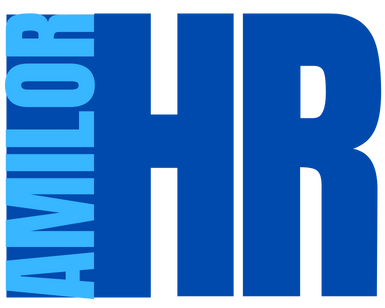The talent manager occupies a crucial position in today’s human resources departments. This versatile professional plays an essential role in theacquisition, development and retention of talent within the company. A veritable architect of human capital, he or she ensures that employees’ skills are aligned with the organization’s strategic objectives. Let’s take a look at the many facets of this fascinating profession and its impact on overall corporate performance.
The talent manager’s key missions
The talent manager has many responsibilities at the heart of the company’s HR strategy. Their main mission is to identify and develop talent within the organization. To do this, he/she intervenes at various stages of the employee’s career:
- Recruitment and selection of candidates
- Integration of new arrivals
- Coaching and skills development
- High-potential identification
- Development of career plans
- Implementation of training programs
The talent manager works closely with operational managers to identify emerging talent and support them in their professional development. They also ensure that employees have the resources they need to progress and flourish in their roles.
In a context of transforming human resources, the talent manager plays a key role in improving employee commitment and loyalty. They implement concrete actions to strengthen the sense of belonging and motivation within teams. For example, they can organize federative events, set up mentoring programs or establish team rituals to foster cohesion.
Talent manager skills and qualities
To excel in their role, talent managers must possess a range of technical and human skills. Here’s an overview of the main qualities sought in this human resources professional:
| Technical skills | Human qualities |
|---|---|
| Mastery of HR techniques | Empathy |
| Knowledge of management | Listening skills |
| HR data analysis | Creativity |
| Project management | Adaptability |
| Use of HRIS | Open-mindedness |
The talent manager must be rigorous in his or her work, while remaining flexible and creative in order to adapt to the specific needs of each employee. Their ability to analyze HR data and draw relevant conclusions from it is also crucial to optimizing talent management within the company.
Similarly, the talent manager must have a keen sense of strategy to align his or her actions with the organization’s long-term objectives. He or she must be able to anticipate changes in skills and professions in order to prepare the company for future challenges.

Training and career development
To become a talent manager, you generally need a 5-year degree in human resources. The most popular courses are :
- Master’s degree in human resources management
- Master’s degree in talent management
- Business school with HR specialization
Additional training can be an asset, such as coaching or assessment certifications. Previous experience in human resources or management is often appreciated by recruiters.
In terms of career development, talent managers can aspire to positions of greater responsibility, such as :
- Human Resources Director (HRD)
- HR Development Manager
- Director of talent management
The average salary for a talent manager is around €65,000 gross per year, but can vary significantly depending on experience, company size and sector of activity.
The impact of talent management on company performance
Talent management has become a strategic lever for companies seeking to maintain their competitiveness in a constantly changing environment. By focusing on talent development and retention, organizations can :
- Improve productivity
- Strengthen their capacity for innovation
- Reduce turnover costs
- Encourage employee commitment
- Improve employer brand image
Talent managers play a crucial role in creating a corporate culture focused on continuous learning and personal development. He or she ensures that each employee can express his or her full potential within the organization, thereby contributing to the company’s overall performance.
One of the talent manager’s key missions is tooptimize the candidate selection process to ensure that the company recruits the profiles best suited to its current and future needs. This proactive approach helps build high-performance, complementary teams capable of meeting the challenges of the marketplace.
Finally, the talent manager is a key player in modern HR strategy. His or her multifaceted role helps to create a working environment conducive to employee fulfillment and corporate success. In an ever-changing professional world, talent management is an essential discipline for attracting, developing and retaining the best talent.

